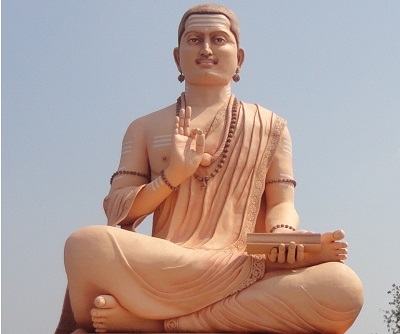Gadag (Karnataka)(Samajweekly) The debate on identifying Lingayat as a separate religion has again revived in Karnataka with one of the prominent Lingayat pontiffs has said that a memorandum in this regard would be sent for reconsideration by the Union government.
Tontada Siddaramara Swamiji made the announcement on Monday while speaking to reporters in Gadag.
He said that necessary documents would be provided after studying the reason on which the report seeking separate religion status for Lingayats was rejected by the Centre.
“We wrote to the then government seeking separate religious status for Lingayat dharma. Then Chief Minister Siddaramaiah had formed a committee headed by retired Justice H.N. Nagamohan Das. After the report was submitted, it was recommended to the Central government that Lingayat dharma is a religion established by 12th century social reformer Basaveshwara,” Siddaramara stated.
He claimed that the Central government “did not study the report comprehensively, with prejudice they have returned the report by stating that it can’t be accepted under present circumstances”.
“We will obtain specific points on what grounds the report in this regard was rejected and provide necessary documents to substantiate the claim,” Siddaramara said.
“We will urge the Central government yet again to accord independent status to Lingayat religion. Chief Minister Siddaramaiah is known for his commitment. He had recommended for the independent religion status. But, few leaders claimed that this had resulted in a setback in the elections for the Congress party. In reality, the issue did not affect the electoral prospectus of the party. The anti-incumbency factor played a major role,” he asserted.
Lingayats comprise 17 per cent of the population in the state and are considered influential in state and parliamentary elections.
Former Chief Minister B.S. Yediyurappa hails from Lingayat community.
The Lingayat population is largely based in the north Karnataka region and is also scattered all across the state.
They have significant influence in 90 of 224 Assembly seats. They can also influence 10 to 15 MP seats.









